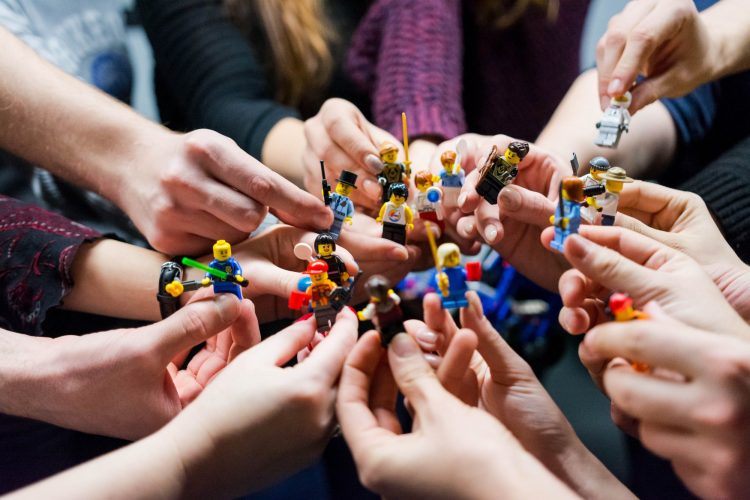AUTHOR’S CORNER
The Importance of teamwork according to science
27.06.2022
by Katerina Britzolaki
SHARE
A team is more than just an array of random people with similar tasks and the same goal. A team is often viewed as a machine that needs to be well oiled and maintained, with all parts synchronized to ensure endurance and high performance.
Like in any machine, every individual part is equally critical for success; one failing part (aka a team member) disrupts function and often leads to break down. However, a well-designed machine is comprised of several systems to be employed when in need to keep the mission alive. Similarly, a well-crafted and maintained team comprised of well-functioning members and strong leadership will guarantee success even in the hardest of scenarios.
The importance of teamwork and effective team leadership has been backed up by psychological science for nearly a century [1]. It is the team’s responsibility and the team leader’s duty to ensure that all members are nurtured and supported to succeed. What we often forget is that a team’s failure is not individual, hence blame is counterproductive, and tension is unwanted. In fact, several studies have revealed the strong negative effect of relationship conflict on team performance [2].
On the contrary, supporting, mentoring, and equally investing to the potential of all members are key factors to team performance. However, what is often overlooked is peer mentoring and support. Interestingly, peer mentoring is found to enhance the effects of traditional top-down leader-mediated mentoring on team performance and team potency, as shown in a recent study on 111 teams from 25 diverse organizations [3].
Let’s take a moment and envision a team comprised of members that respect and support each other in a space that allows for creativity, proactivity and nurtures discussion. The good become better and the better best; the team now performs at its highest capacity, not because of pressure but because the members are efficient, productive, they feel safe and have multi-level support. They have resources and an environment to blossom and unravel their potential. That would most certainly create a super-machine!
Some say that the leader defines the team’s potential and I agree to some extent. The reality (supported by science) though is that even the greatest leader will fail if the team members don’t click with each other. So, sense of responsibility, humility, emotional intelligence, and compassion, beyond degrees, experience, and talent are the key ingredients for a successful team.
In other words, when choosing your team, beyond good leadership, look for strong peer support.
Sources: [1] Salas, E., et al American Psychologist, 73(4), 593–600. [2] Luo, Y., & Lu, L. 2020, November International Conference on Economic Management and Cultural Industry (ICEMCI 2020) (pp. 321-326). Atlantis Press. [3] Kim, T. Y., et al Journal of Organizational Behavior, 43(5), 932-945.

RELATED ARTICLES

Life in the city: steps towards sustainability and safety
Collective Responsibility is the way forward

Editorial Picks: Greek Women in STEM tales
A story of Science & Empowerment

Archive
Find all our past articles chronologically organized in our archive.
CONTACT US
____________
greekwomeninstem@gmail.com
Do you have ideas, questions, comments or special requests?
Would you like to highlight your research project or nominate a researcher that you would like to learn more about?
Please write to our email or fill out the form and hit “send”. We will be happy to talk with you!
[contact-form-7 id=”44″ title=”Contact form 1″]

